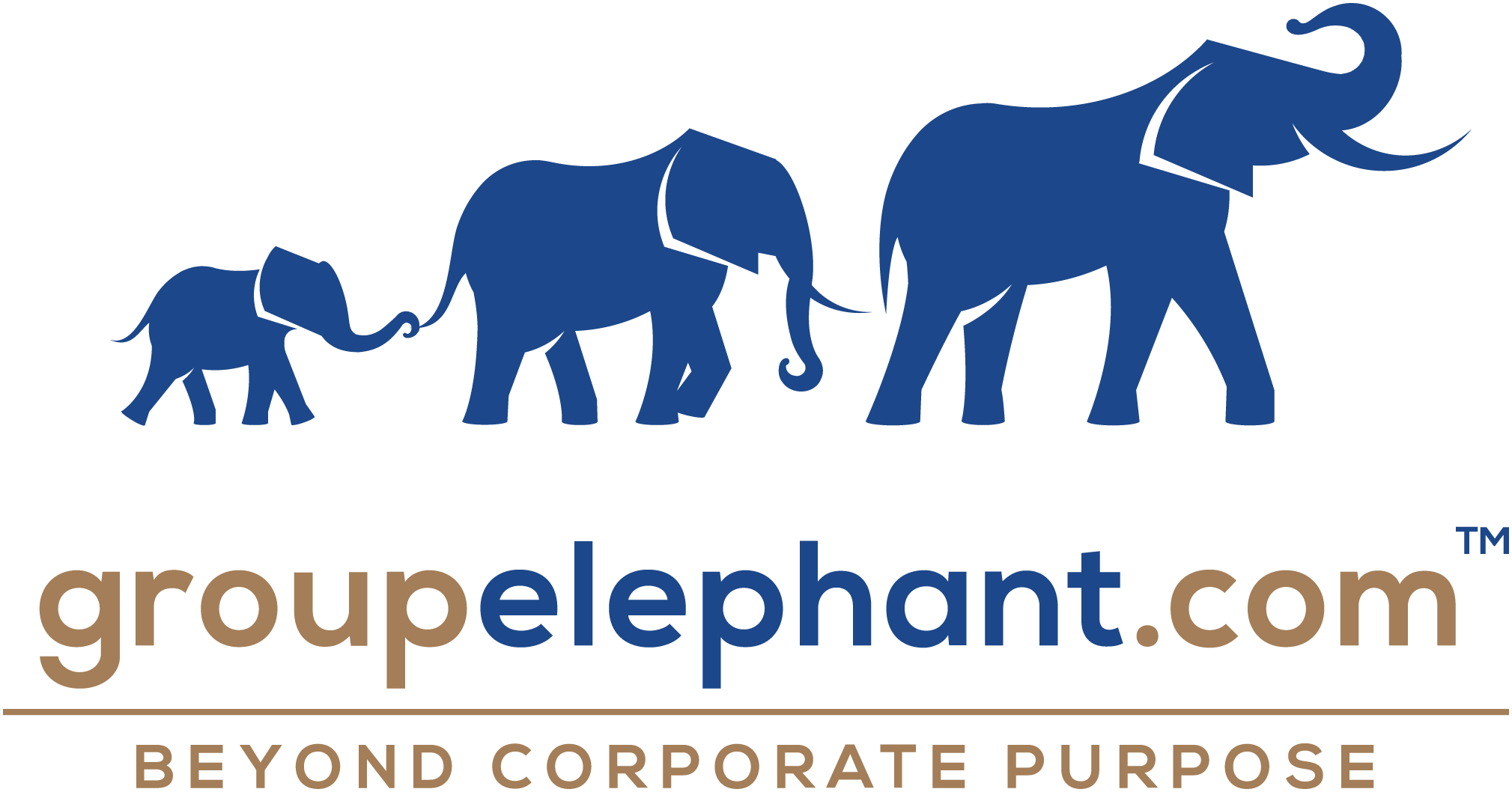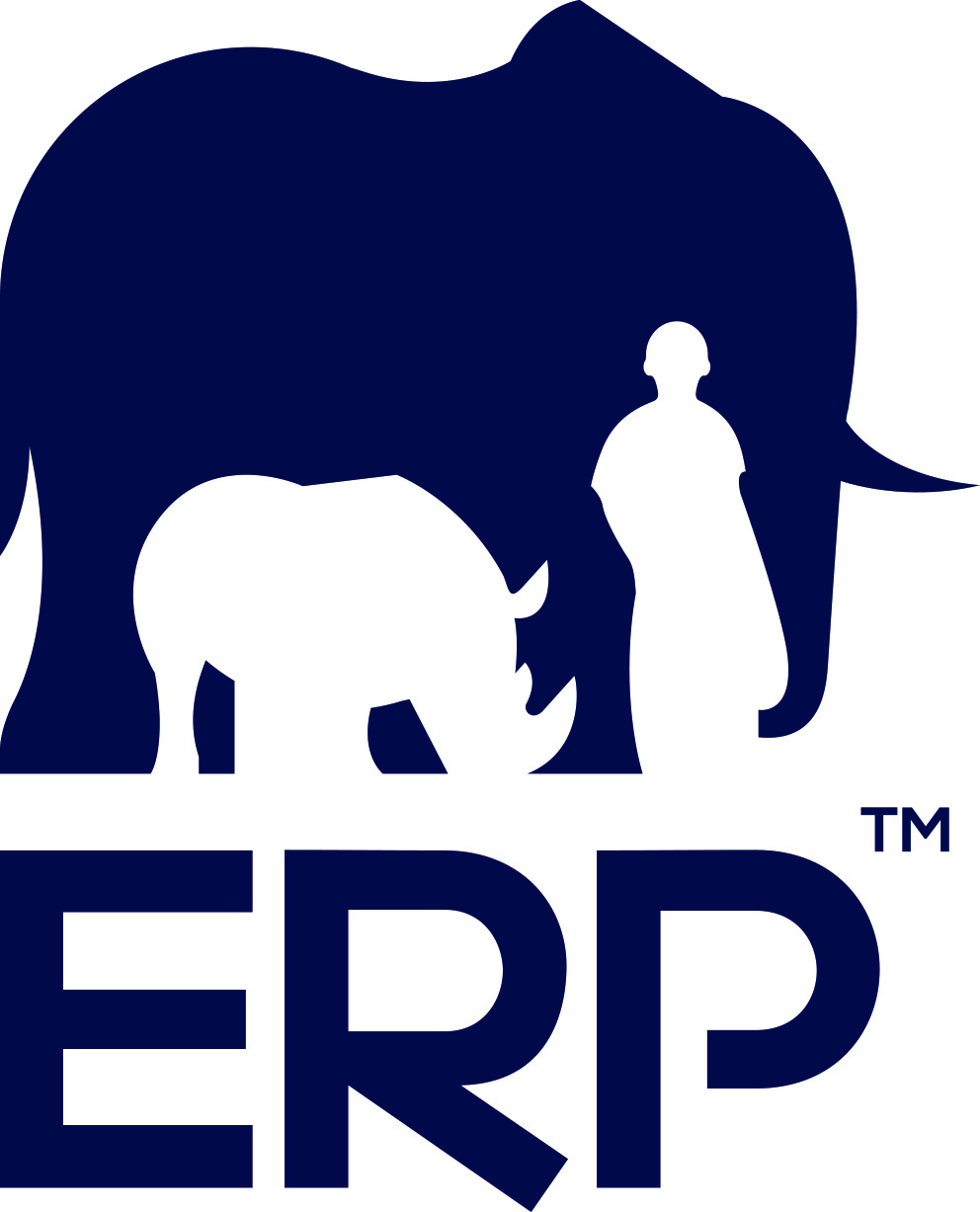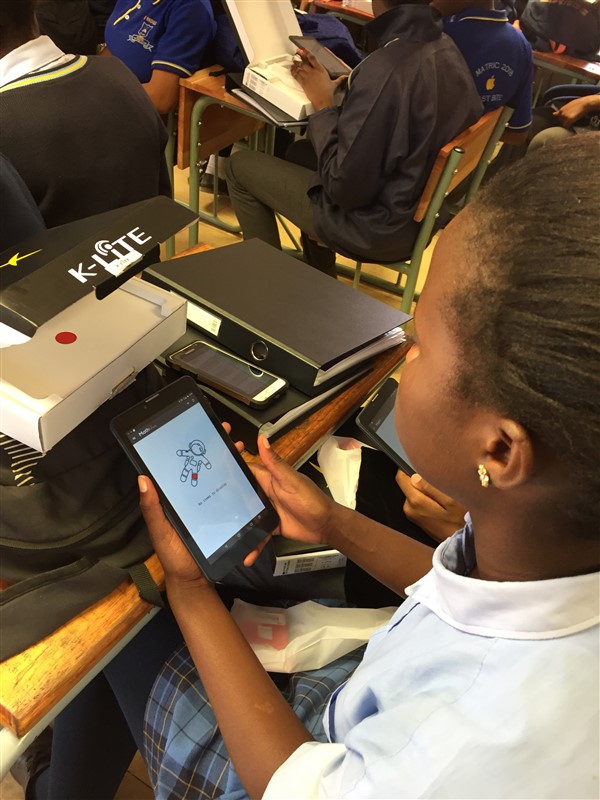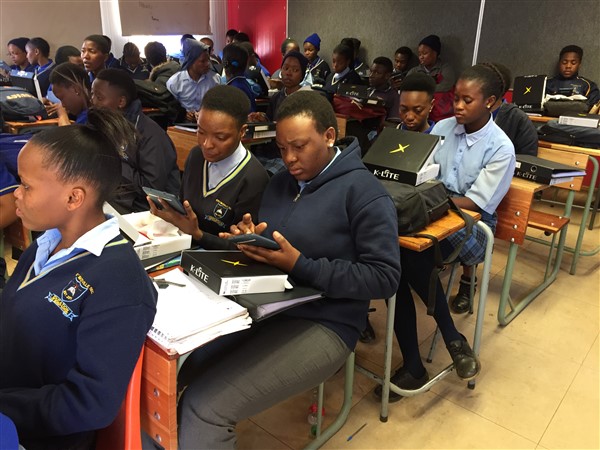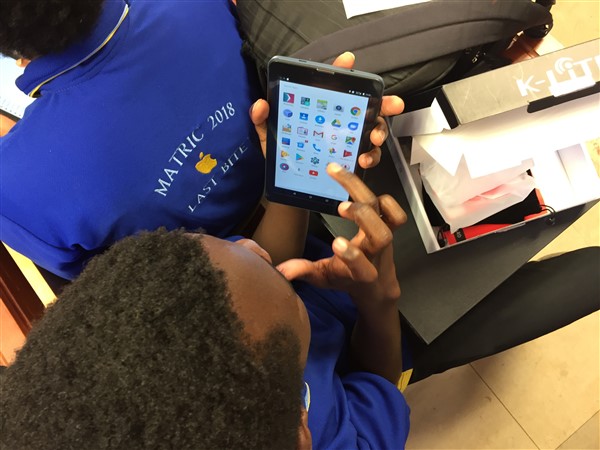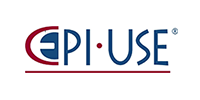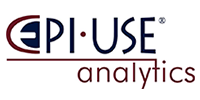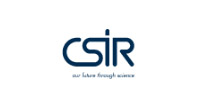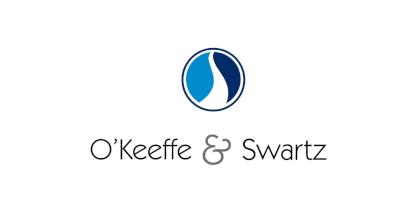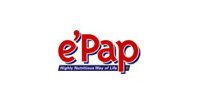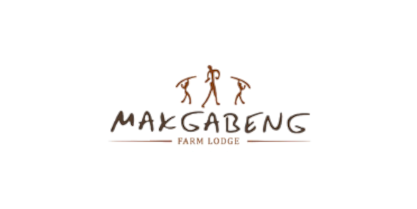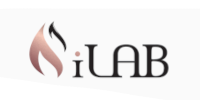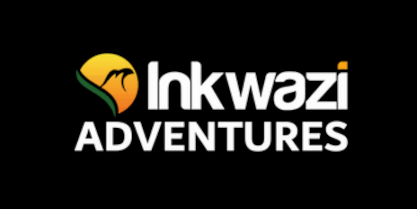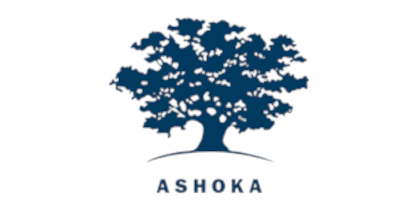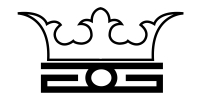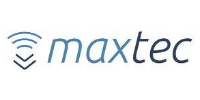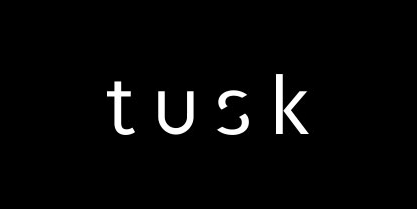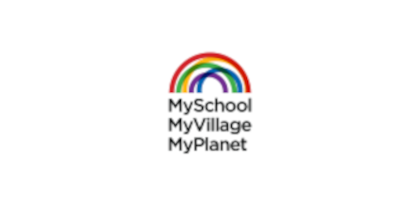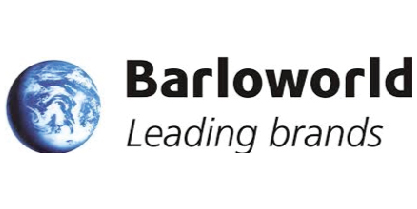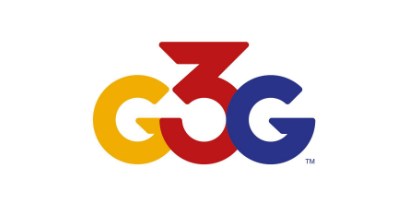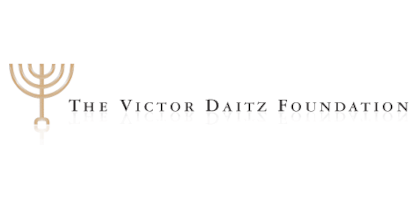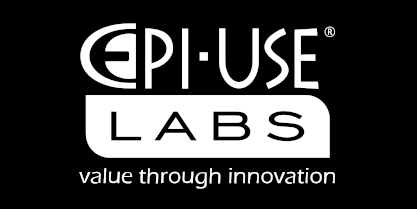
Education
Providing online and remote access to educational support material and training courses from pre-school to tertiary
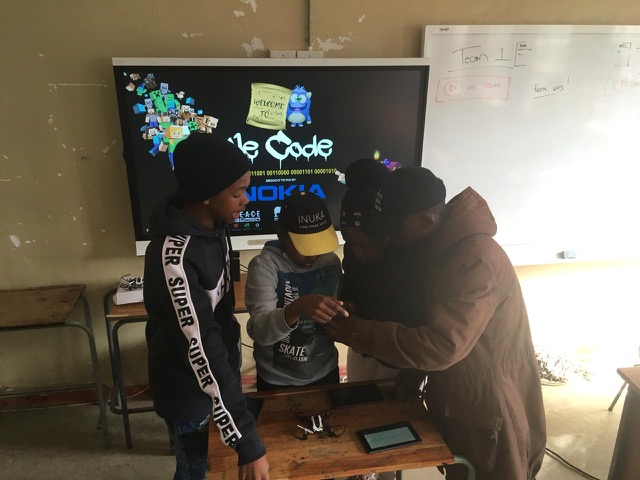
“To educate a man is to educate an individual. To educate a woman is to educate a nation.”
Malcolm X
The Challenge:
Rural communities are faced with many challenges which prevent them from experiencing the full benefits that quality education can provide. Social, historical and geographical factors have all contributed to this most daunting challenge in rural communities.
The P.E.A.C.E. Foundation has demonstrated that the provision of access to educational tools and systems deployed through IT in deep rural communities can vastly improve the standard and quality of education in these remote communities – from preschool to tertiary standards.
“Education is the most powerful weapon which you can use to change the world.”
Nelson Mandela
A Solution:
Pre School Education
Quality pre-school education is a cardinal factor in upgrading general educational standards. However, even where government subsidizes a teacher’s salary, sustainability of pre-schools is a major problem. Pre-school structures are often reduced to empty buildings where communities are unable to afford teacher’s salaries. The provision of buildings, alone, therefore, does not address the vast problem of pre-school education and educare. Incorporating pre-schools into a multi-functional P.E.A.C.E. Hub allows women to participate in local economic development while their children are cared for, and a portion of their income, generated in the Hub goes towards the sustainability of the pre-school. In addition, the training of teachers and the upgrading of infrastructure of existing pre-schools is a prime goal.
Primary and Secondary School Support programmes
In order to provide the maximum effect on upgrading educational standards in remote areas, IT, provides an excellent potential solution. Making use of computers and the Internet, as well as mobile technology. Where educational resources, such as libraries and science laboratories are scarce, and in some cases non-existent, in rural communities, a system of distance educational systems has proved to be of great assistance in addressing the educational requirements of disadvantaged communities. In this regard, the P.E.A.C.E. Foundation continues to explore and make use of a number of initiatives and evaluates a variety of potential systems, including the provision of the entire school curriculum, free to the community, through School In A Box and a number of other educational support options including the use of Android phones equipped with Maths and Science applications.
Tertiary Education
Providing a platform for UNISA students to access information, gain IT skills training and using the internet is a huge leap forward for UNISA’s services into remote communities. Where, previously, UNISA students would have to travel long distances in taxis, to make submissions of their assignments, or gain access to books and learning material, using the P.E.A.C.E. Centres, makes these difficulties a thing of the past. Online training opportunities make an enormous difference to unemployed youth who would otherwise not have ready access to educational opportunities. Negotiations are underway with existing universities to expand their campuses into remote regions using online training. P.E.A.C.E. Hubs also provide a variety of skills development training in a variety of fields.
Androids for Math and Science
The MathU system enhances conventional textbooks through the implementation of the MathU adaptive learning App, which facilitates maximum learning participation and measurement. The system was designed by a group of likeminded engineers that have a great passion for teaching subjects such as Physics and Mathematics. Many educational apps and web-based learning software applications fail to deliver results as they are used as stand-alone mediums. At school level, the use of textbooks as a sole academic tool offers little to no interactive or adaptive learning opportunities for struggling students. The MathU system therefore addresses these challenges by combining the best of conventional teaching methods with the latest in innovative technology. The MathU learning guide is a super-sized interactive learning guide, with an ever-growing database of exercises, tests, exams and cutting-edge media.
Following the deployment of the MathU Androids to Grades 10 and 12 at Steve Biko Secondary School in Kekana Gardens (August 2018), the P.E.A.C.E. Foundation, was able to evaluate the impact of this App on a sample of 32 respondents. Most of the respondents indicated that they were averaging between 20-29% in Maths and Science prior to receiving the app. After using the app, they indicated their pass marks had improved, and most of them are now averaging between 30-50% in these two subjects.
The last week of July 2019 saw us launching the second phase of the MathU programme, where 151 Grade 12 students from Tembisa Secondary School received their Android phones preloaded with Math curriculum. This brings the total number of beneficiaries from this programme to 323 students in two different schools. Thanks to Maxtec Tracker for their socio-economic development contribution in ensuring that we launch this second phase.
WeCode for students
Most recently, we began providing WeCode classes to students in a number our projects. We Code is a computer programming training course targeted at school going pupils. It lies at the intersection of STE(A)M and creativity, making it an ideal way for participants to both express themselves and develop critical thinking skills while potentially exploring possible future careers in the field. These courses introduce coding in a way that is relevant to any child’s interests – be it robotics, Minecraft, or advanced text languages. To date, we have provided WeCode to beneficiaries at Tembisa Secondary School, Waterberg Welfare Society, African School For Excellence and to Nokia employees children whom we host over the weekends. For Tembisa Secondary, we anticipate linking them with Reitvlei Game Reserve for practical in the field training, due to ERP’s active presence in that Game Reserve. We are rolling out this programme in partnership with Africas Got Game and Nokia, who are funding it through their socio-economic spend.
Virtual Reality Training and the 4IR
In partnership with Africa’s Got Game, we are also rolling out a Virtual Reality course, funded and sponsored by Nokia. This course has been deployed at African School of Excellence (ASE) in Tsakane, and it exposes both teachers and students to high tech through use of virtual reality glasses. Nokia generously donated to us a fully equiped VR container, which comes along with the pre-requisite VR glasses and other neccesary hardware, providing an students with a unique opportunity of learning using modern day technology.
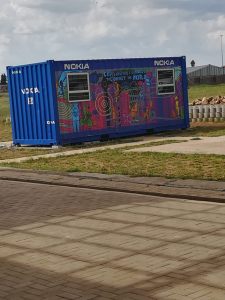
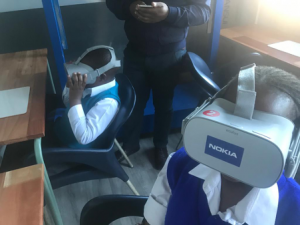
#Bikes4ERP
The #BIKES4ERP initiative provides learners in rural South Africa with a bicycle to travel to and from school. These learners previously had to walk long distances to and from school, but the #BIKES4ERP bicycle helped to reduce the learners’ absenteeism and fatigue and increase their school marks. Furthermore, trained bicycle mechanics in the communities monitor the usage of the bicycles and do maintenance on the bicycles when needed.
Access our social media page here: https://www.linkedin.com/showcase/bikes4erp/

